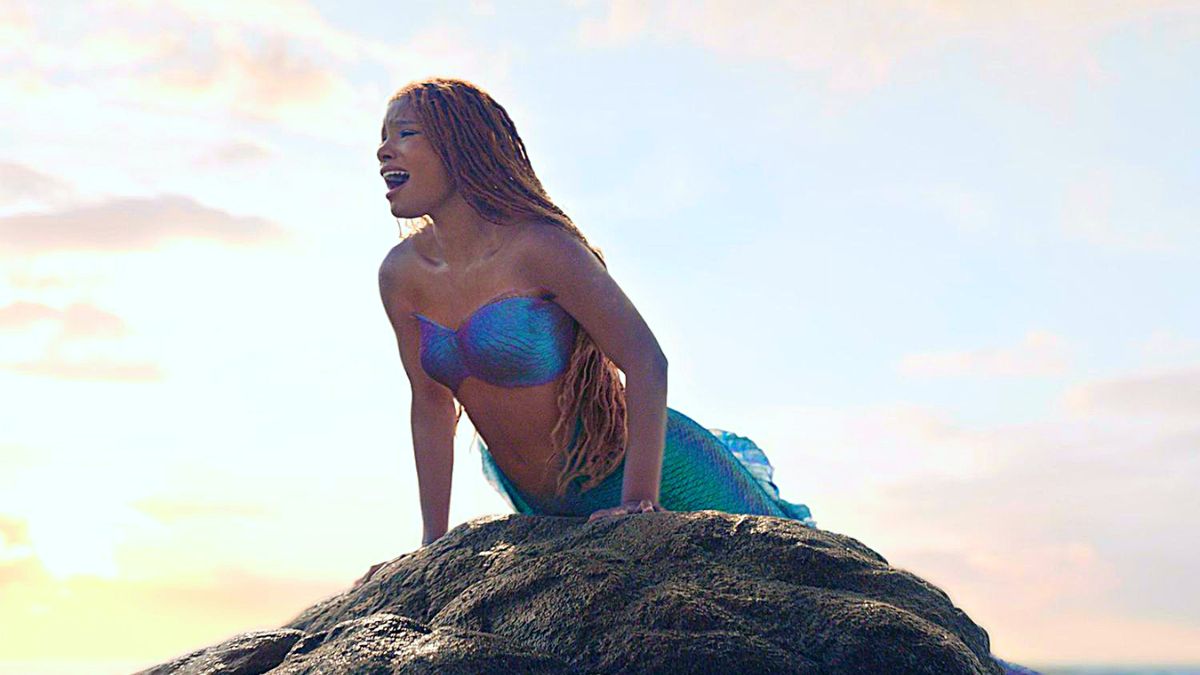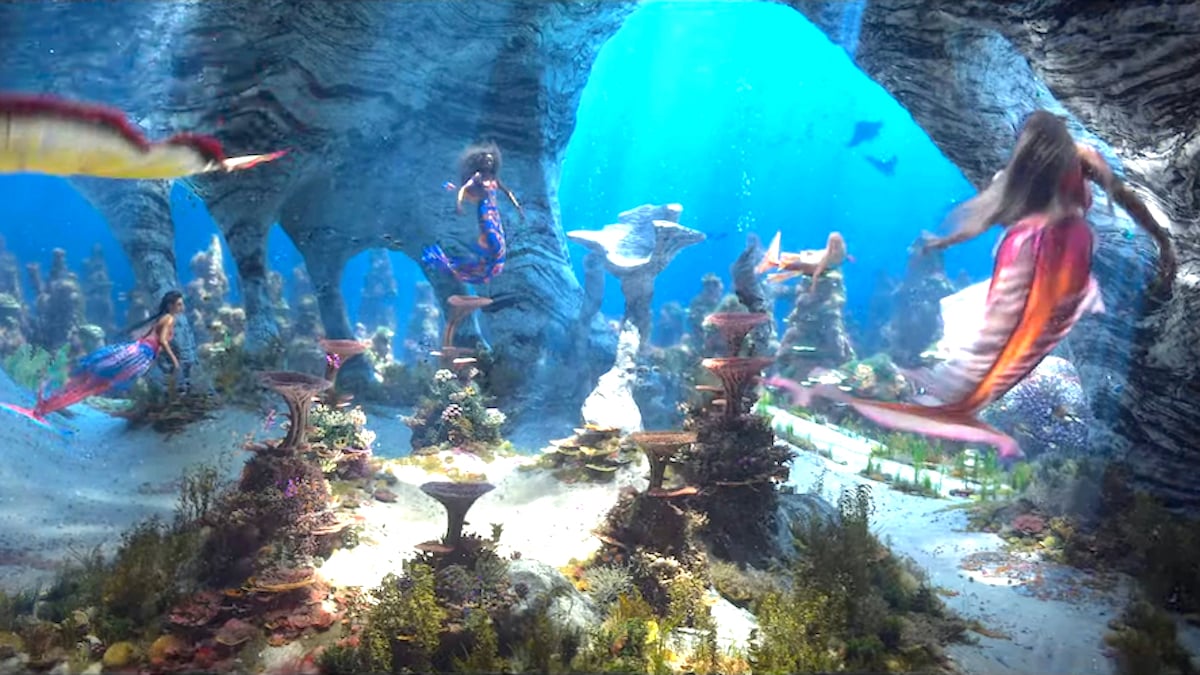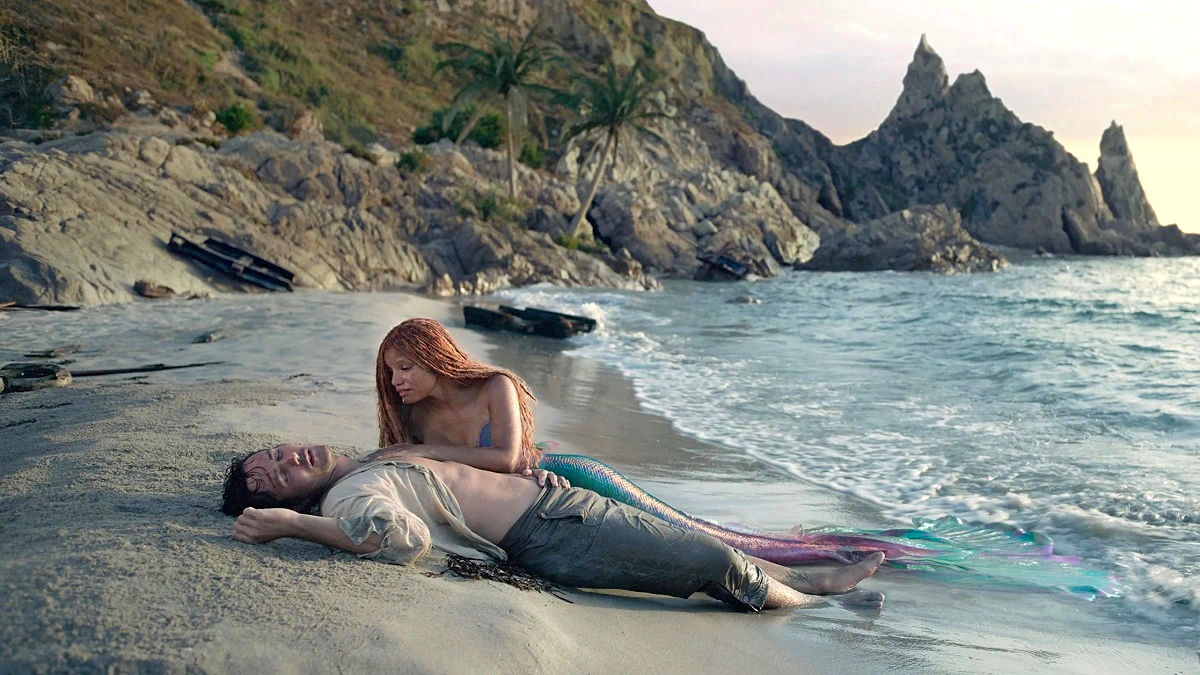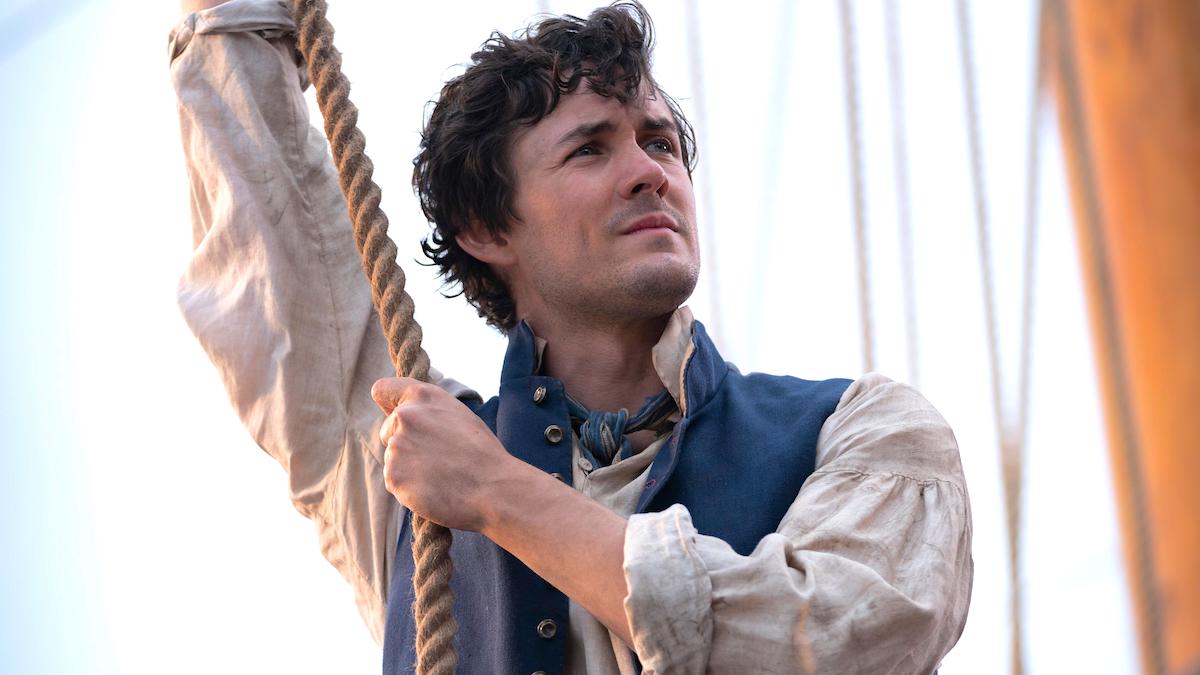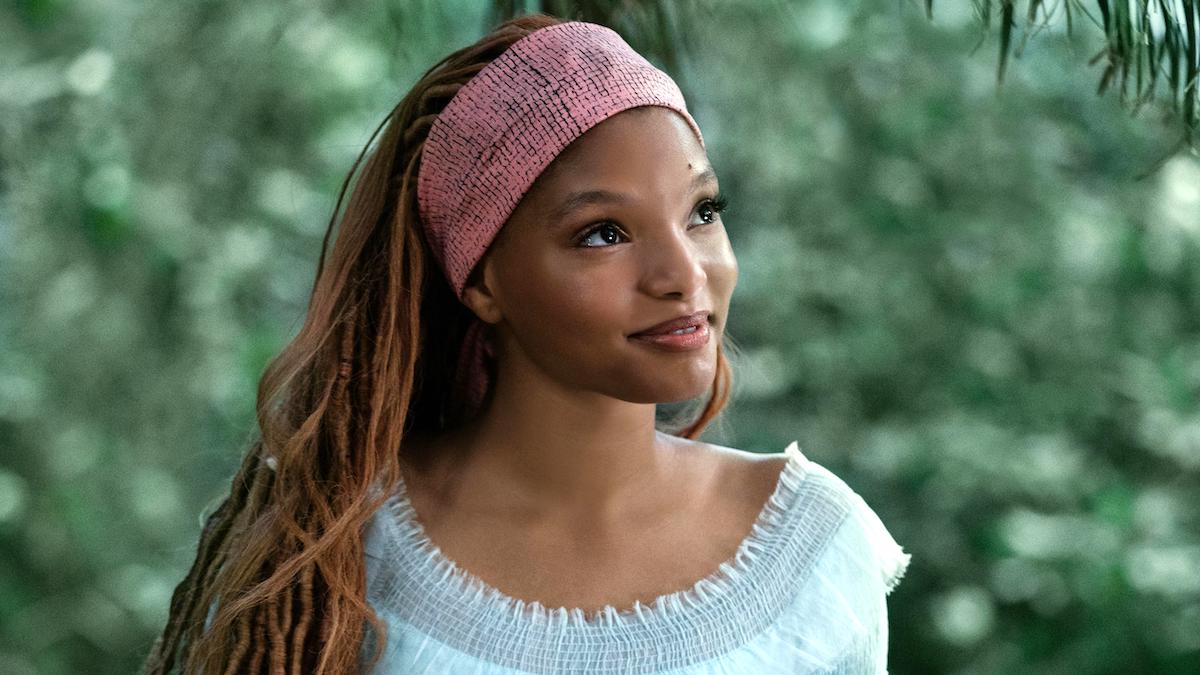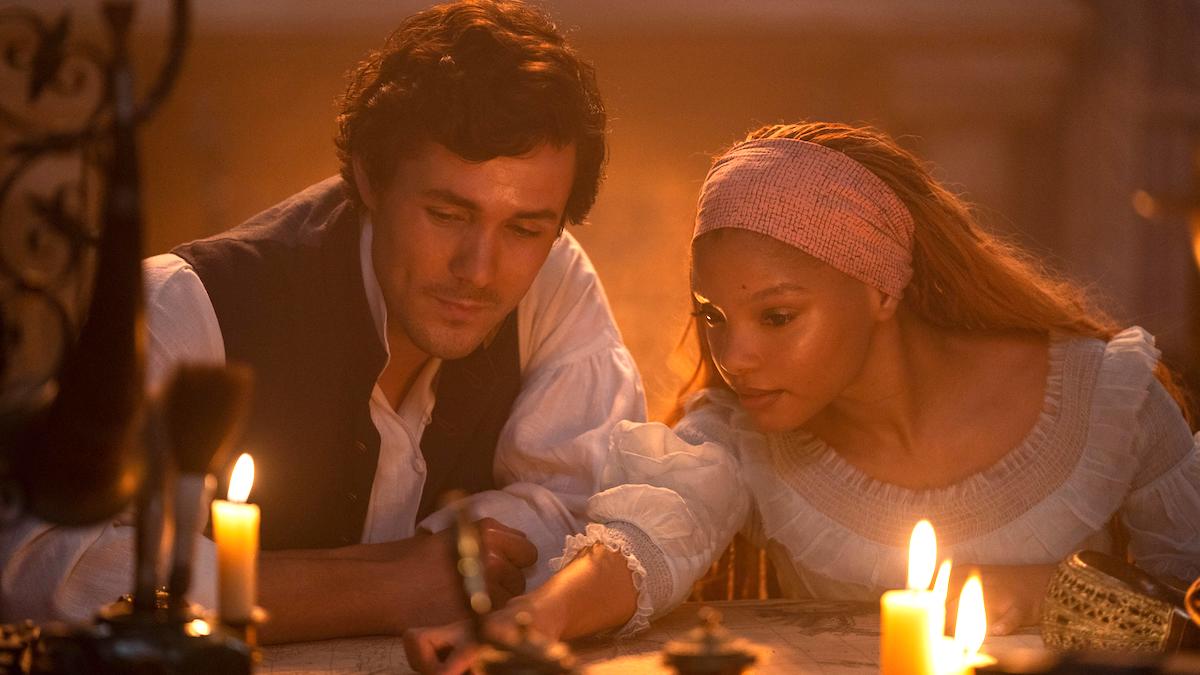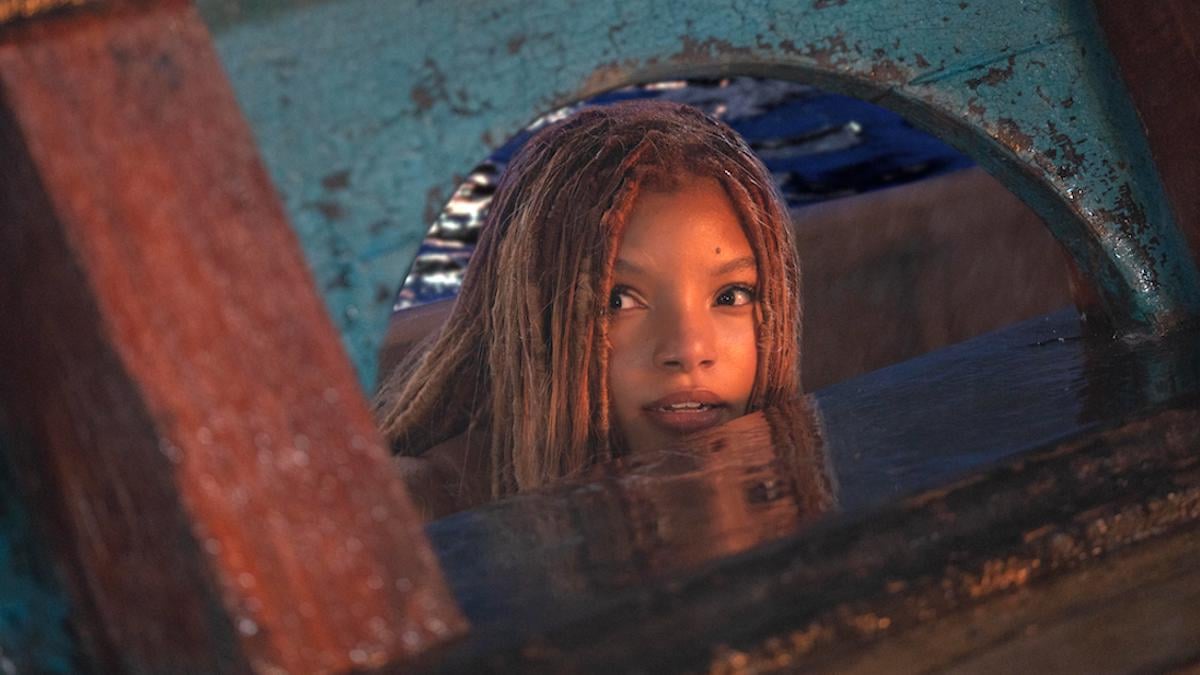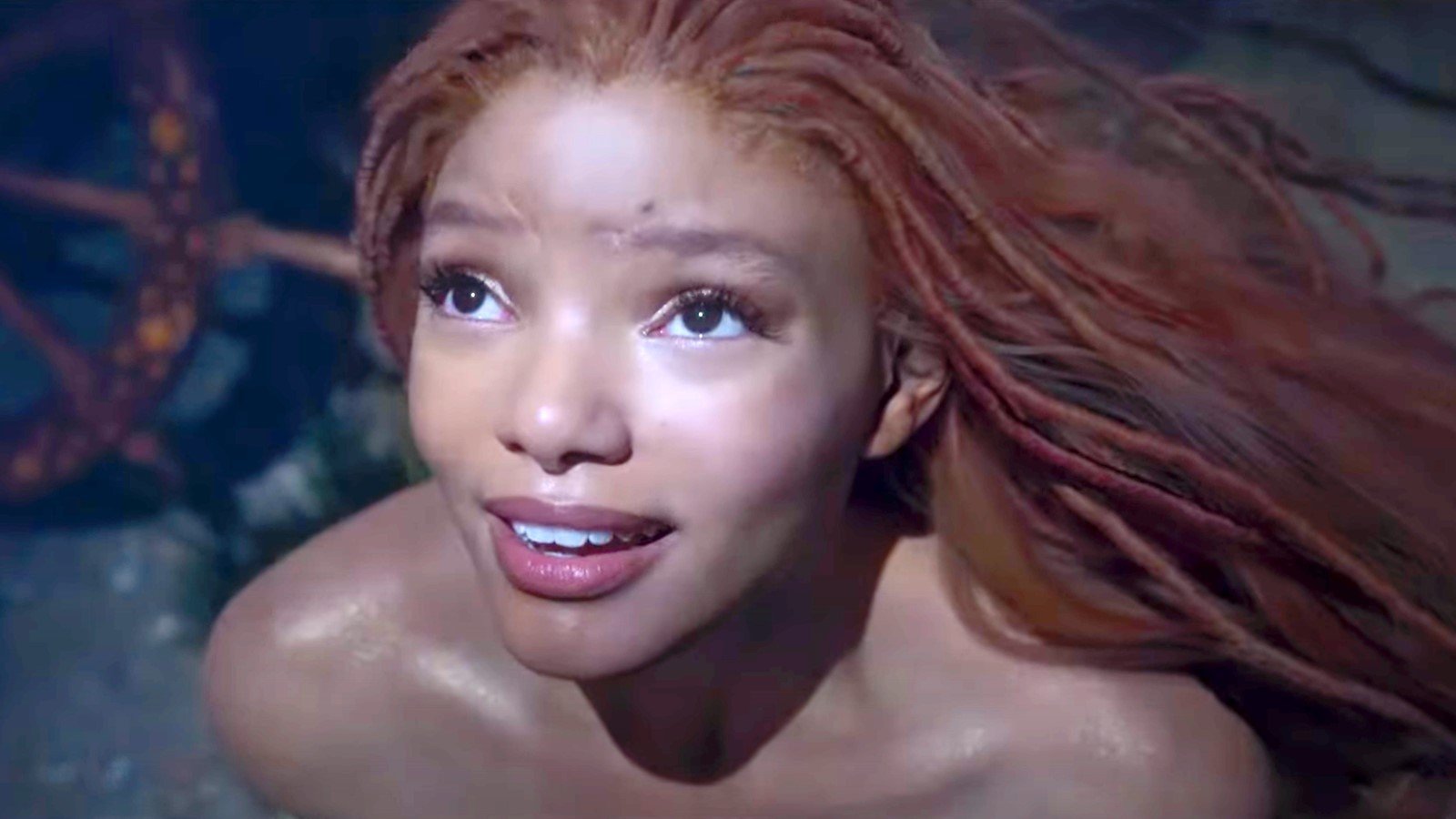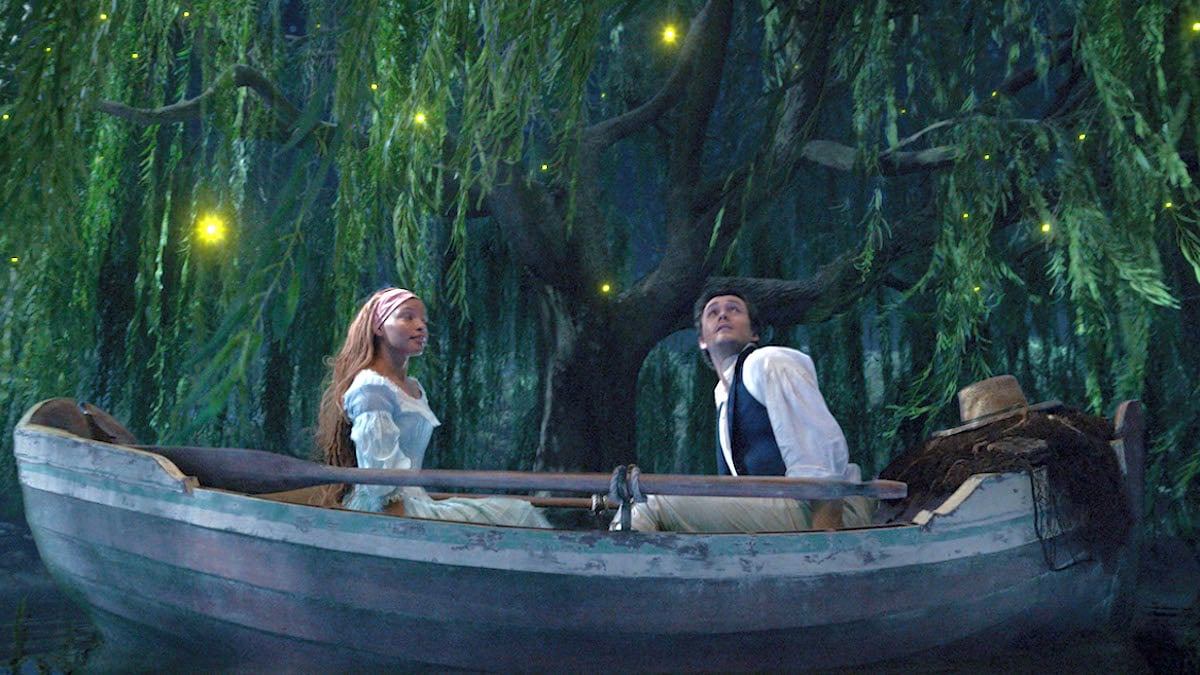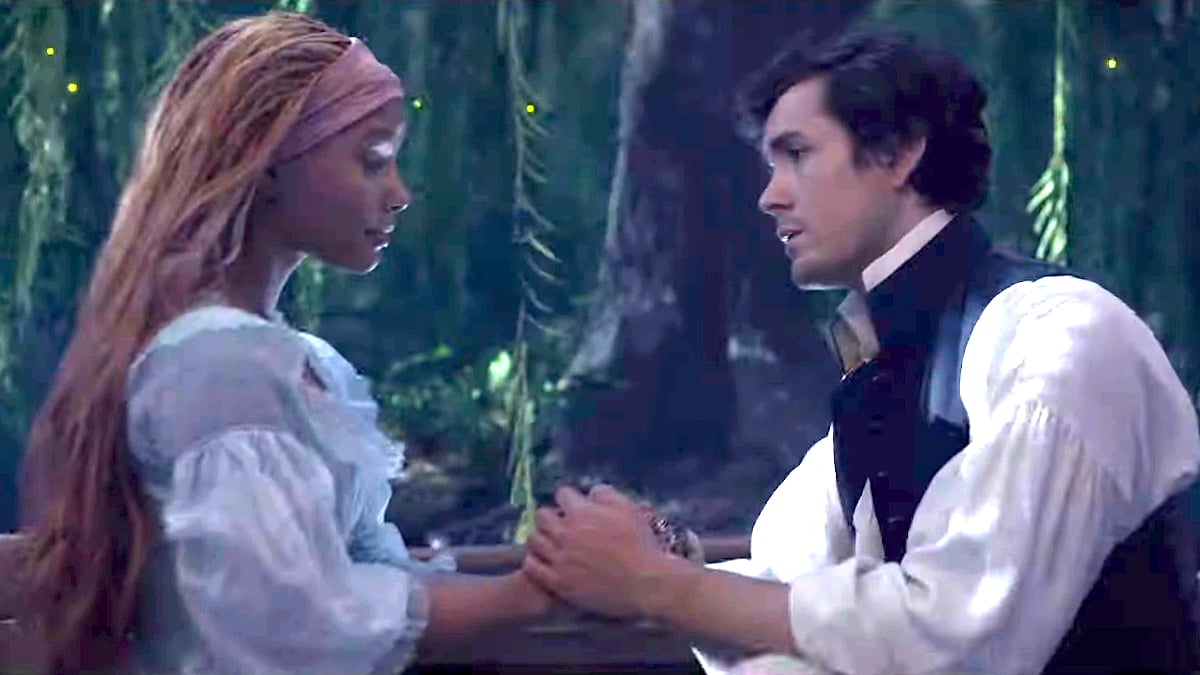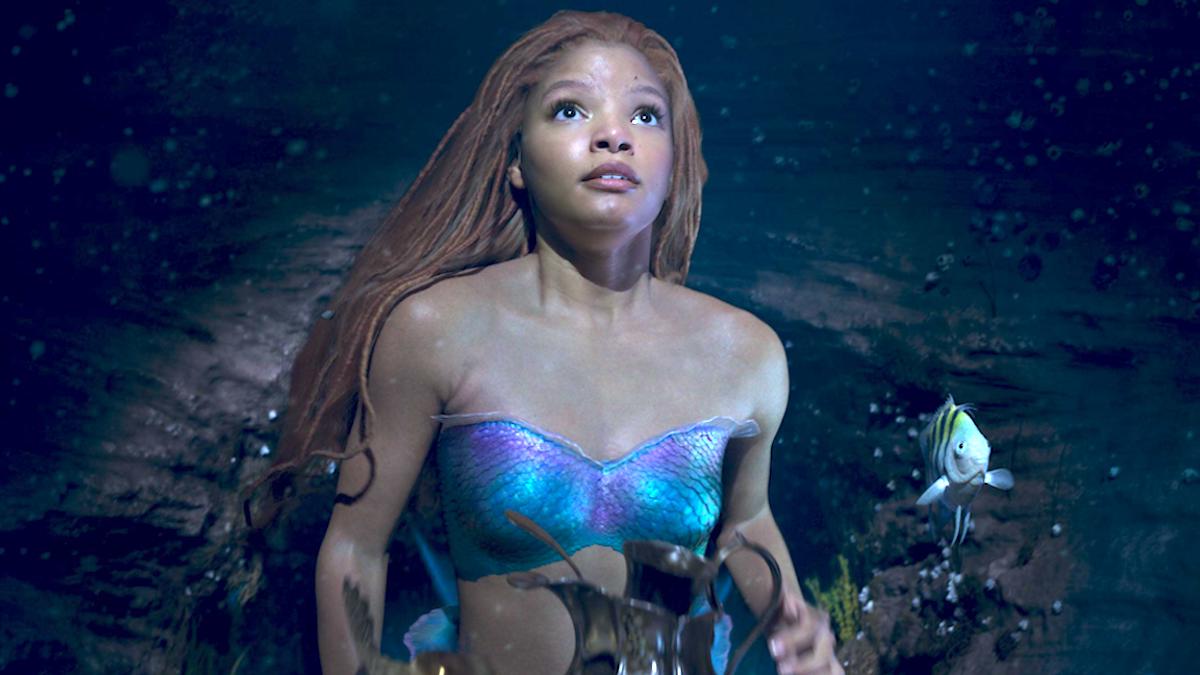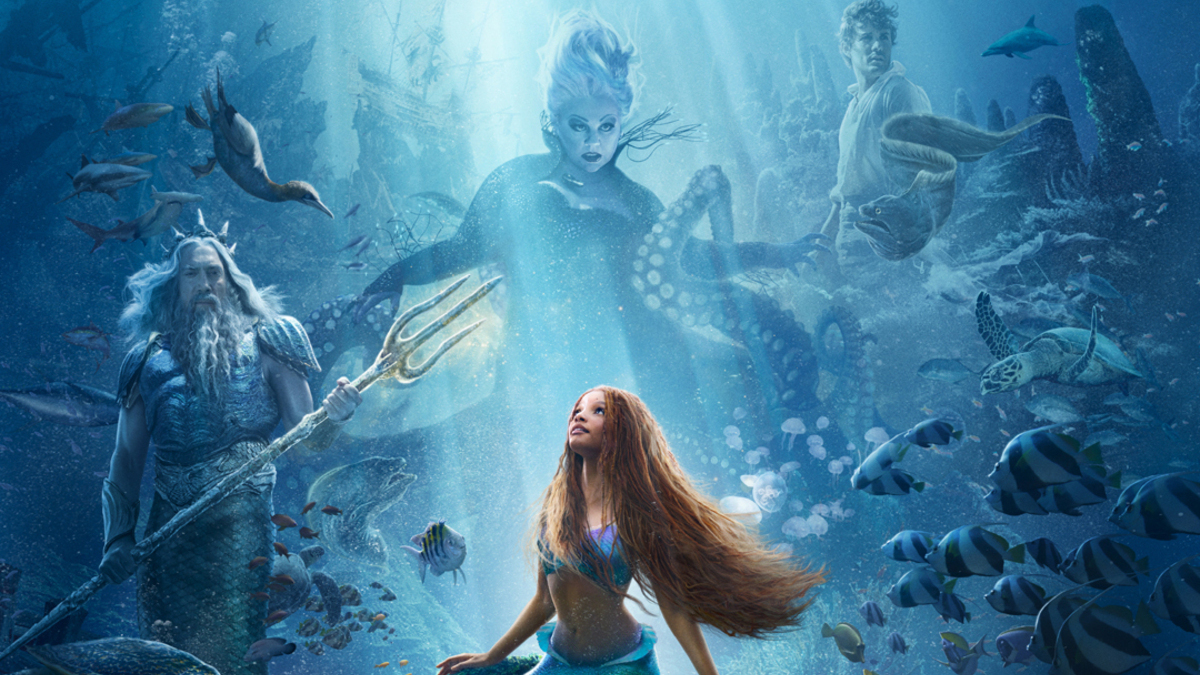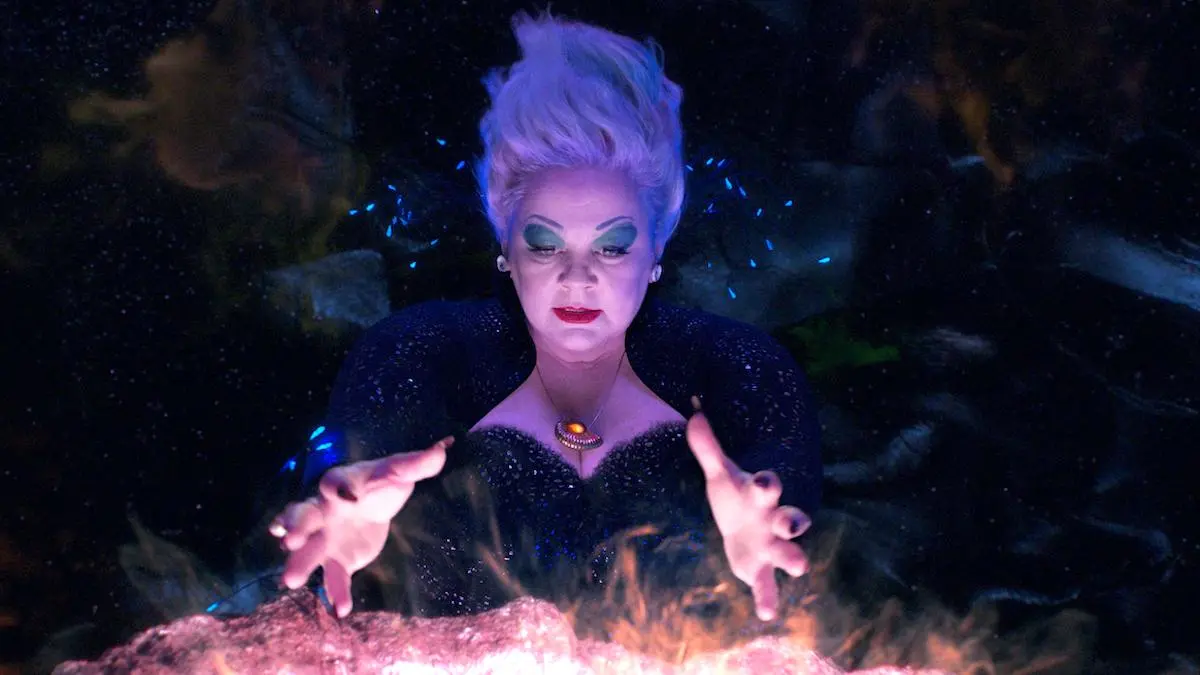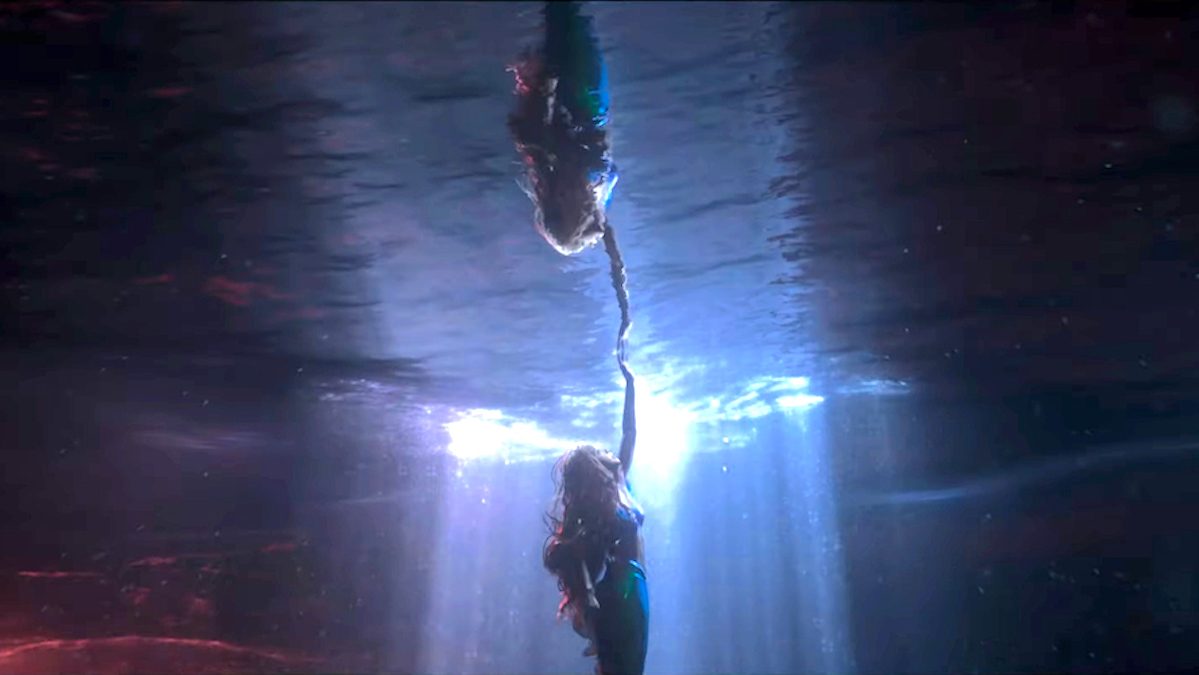Disney’s live-action version of The Little Mermaid isn’t perfect. Like most of its kind, it makes it abundantly clear animation is a worthy medium on its own, with unlimited potential for storytelling and filmmaking that soundstages just can’t match. The Mouse House’s insistence in producing these realistic retellings of its fantastic animated catalog – under the veil of wanting to bring it to a new audience instead of focusing on creating new films that could become this generation’s dreamscape – is frankly shortsighted and dismissive of the artform.
What works in 2023’s The Little Mermaid isn’t that it is live-action (despite the fact that Halle Bailey was born to play Ariel), but that there’s a sincere attempt to bulk up a movie that is largely incomplete. The new iteration of the teenage siren tale has earned its right to exist, because it is not just a shot-by-shot reconstruction of the original with lifelike designs of crabs and guppy fishes, cynically hoping to cash in on mass nostalgia, but an earnest attempt to bring something new to the table.
While its 1989 counterpart contains some of the greatest songs ever made for a musical movie, the actual plot underneath the big performance numbers is arguably thin in comparison to other Disney staples like Mulan or The Lion King. The 2023 version uses it as groundwork to build a fuller feature, where motivations become clearer and more relatable, with the buildup and ensuing resolution more satisfying.
It all starts with the choice to cast Bailey in the role of Ariel. Despite the unfounded, ridiculous backlash it attracted, anyone who watches the film will know deep down, even if they refuse to admit it, that the singer is perfect for the role, almost as if it had been tailor-made for her from the start. In addition to her pristine silky vocals that positively elevate the movie’s music, Bailey brings a sort of doe-eyed resoluteness to her performance that is bewitching. She nails Ariel’s defiant adolescent adventurous spirit just as well as she conveys the fascination and innocence of stepping into a new world. At every turn, you feel like you’re witnessing the birth of a star.
Then comes the addition of Prince Eric’s backstory, which transforms him from a character that’s literally equated to a statue in the original take to a well-rounded love interest, whose aspirations so perfectly match the heroine’s that it’s easy to bite into the idea that they’re soulmates. The two are defined by their complementary desires to break free from their respective kingdoms and explore the undiscovered parts of the world – for Ariel that’s the surface, while Eric longs for the sea. The mermaid falls for the prince when she first hears him echo everything that she herself is already feeling – someone who understands her, which is the definition of love at its most fundamental. Of course, Bailey and Jonah Hauer-King’s scintillating chemistry doesn’t hurt.
At the same time as The Little Mermaid strives to nourish its central love story, it still manages to retain the allegory for growing up that has always been at the core of this story. Ariel’s new solo “For the First Time” might feel superfluous, but actually drives the point home that the movie’s journey is as much about finding love as it is about finding yourself. It will resonate with anyone who has had to leave home at an early age as they navigate the paradox of exciting newfound independence and a terrifying loss of security.
King Triton, played by an adequate Javier Bardem, is borderline abusive in the way he shelters his young daughter, but his own journey of coming to terms with letting her go out into a world that will undeniably hurt her works well enough. The ending, which enhances the sentiment already present in the original film, hits all the emotional beats of a successful adventure story.
Melissa McCarthy does justice to the iconic villain of the story, the oozing and provocative sea witch Ursula, taking every hard-earned second of screentime and making it her own. “Poor Unfortunate Souls” is, just like it was in the original, an indisputable highlight. Small tweaks to her relationship with Triton and how it affects her motivations also improve her character.
Daveed Diggs is somehow able to breathe life into a digitally modeled Sebastian, so naturalistic it barely emotes, while Jacob Tremblay perfectly fits the fearful Flounder. Awkwafina’s Scuttle could have been slightly more toned down, but most of the jokes still stick the landing.
So, yes – The Little Mermaid has bad CGI. Its oftentimes awkward attempts at realism kill some of the magic of the original, but since that’s true for most if not all live-action remakes, it feels redundant to let that aspect of the film overshadow all else. Once you move past that visual hurdle, what’s left is a wonderfully performed, genuinely inspiring coming-of-age story, meant to tug at a part of ourselves that used to wonder at the world, and believe in its endless possibilities.
Great
'The Little Mermaid' is not just another useless, soulless remake from the Mouse House. Not only does it give the gift of Halle Bailey as Ariel, but it also fortifies its predecessor's story by adding much needed narrative context and emotional pull.

